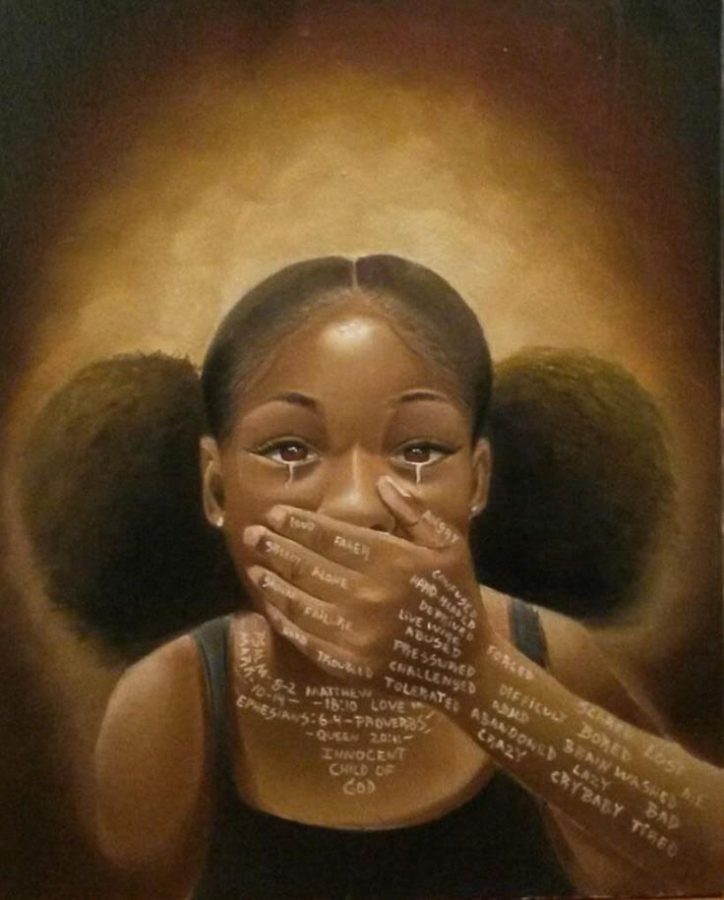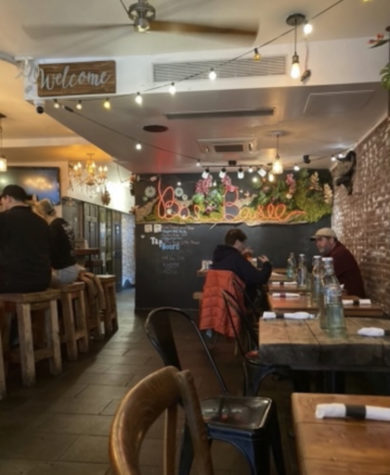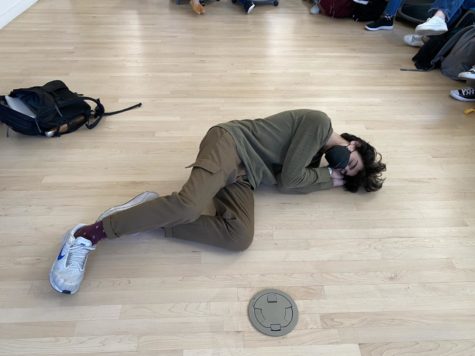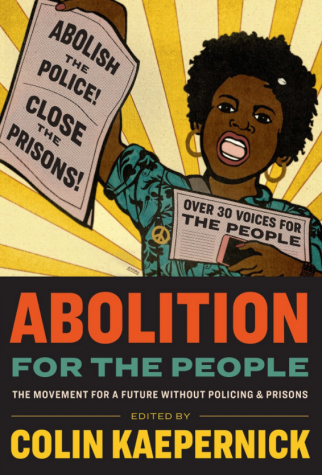“I’m Fine”: A Phrase Black Women Are Tired of Saying
A late Friday night was the point I realized it was time for my mother to take her superhero cape off. My mother, a captain at Rikers Island, was coming home after a 16-hour shift. Exhausted, she drove from her job in East Elmhurst to our house in Deer Park. That ride is about an hour and a half with heavy traffic. She could have called me to talk to her while she was driving. I was up, in my room, waiting for her. But she didn’t call me. That night my mom fell asleep on the road. While red lights beamed onto her windshield, she dozed off and bumped into the car in front of her.
Hearing that story at 2’o clock in the morning terrified me, and I instantly became the mom of this situation asking, “Why didn’t you call me?” She answered, “Because I’m fine Tamiya, I just need some rest.”
You read the same story I listened to, correct? Why did my mom respond so nonchalantly, like what happened wasn’t as serious as it was? Why didn’t she take into account that if she wasn’t OK, that I wouldn’t have my mommy anymore? Why was she playing superhero with her life? Why didn’t she think it was okay to call me?
This isn’t just a random story about a mother who overworks herself to provide for her child. This is the normal environment for black women. Black women for a long time have been seen as superwomen. Women who are strong, caring, and protective. Women who have been built on the backs of Sojourner Truth, a black woman, activist, and poet. Women who have been built off the backs of our ancestors. Although black women are super, the pressure to be that way has caused black women to feel as though we can’t be anything but strong in our society.
If we aren’t “superwoman,” we fall into this stigma placed around black women of being inherently “lazy.” Or when we try to be vulnerable in our communities (asking for help, talking about our emotions, seeking comfort, yelling at people who discriminate against or insult us) we get labeled as “moody” or “the angry black woman.” We then just continuously end conversations about our struggles with an, “I’m fine” and “it’s okay.” We feel as though our own communities exclude us from the right to want to feel comforted and supported, so we just stopped asking for help.
On that scary night I found that there isn’t any way that we, black women, can avoid being put into a box. Society has decided that black women are nothing without a label being put onto their chest. You have to be the superhero, or the angry black women, or the welfare queen, or the ghetto black girl, or the hoe, or the lazy black woman. But is that truly fair? Why should we be the building blocks that can never be destroyed? Why do we always have to fight through all the pain? Why can’t we need a break? Why do we have to become a label?
Black women haven’t been given a way to diverge from these unfortunate stereotypes that have embedded themselves into our society. These stereotypes have shown a light on black women that makes society question our every move.
Black women who are labeled as these “superwomen” continuously have to be the model minority, be a strong shoulder through hard times, be an advocate for those who can’t speak for themselves and take care of everyone in their community.
Black women who are labeled as “the angry black women” continuously live with people scrutinizing them for having emotions, their society repeatedly telling them that they need to smile, and telling them that their anger is wrong.
Black women who are labeled as “hoes” are just seen as people who don’t want to be successful, only lustful—they are the man’s perfect trophy wife or side piece. This label has taught us as women that our identity is determined by the number of sexual partners we’ve had and that’s all we are once we have shown this side of ourselves.
With these and many other stereotypes, we are pushed to a point where we see our emotions as irrelevant, we don’t know what makes up our identity, and we just end up really confused about what we’re supposed to be in this society. But should we really be anything? Doesn’t our society value individuality? So why does it change when it comes time for us to build ourselves? Black women being labeled takes away our sense of identity. Black women being stigmatized takes away our beliefs.
When I was in 8th grade, my friend was told she was being the “angry black woman” for calling out a Hispanic student who said the n-word. She told him that it was inappropriate for him to use and that he didn’t see any black students just throwing that word around so why should he be allowed to use it. There wasn’t anything wrong with her making that comment, anyone could have made it, but she was ostracized for it. She was said to be “doing the most” and “being shady for no reason.” Teachers laughed at her for stating a problem she noticed in her community, students bullied her for not conforming to their beliefs, her parents said she was overreacting.
Even in her own community voicing her opinions caused her to be labeled as the angry black women for just being a human with a conscience. These stereotypes have spread into our homes, schools, and workplaces. They have created not only a divide between us and everyone else, but a divide between black women themselves. We beat ourselves down for not meeting the standards that society has set for us and society then critiques our every move. Black women need to be able to know that they have sisters and community members who will help them build their identity, allow them to be vulnerable, and allow them to be a part of society without having to pick something they have to represent. Black women need to be able to raise their voices without their voices being seen as dragon fire breath. Our community needs to learn how to respect the “black” in being a part of the black woman identity, rather than making the black women’s identity for her.









